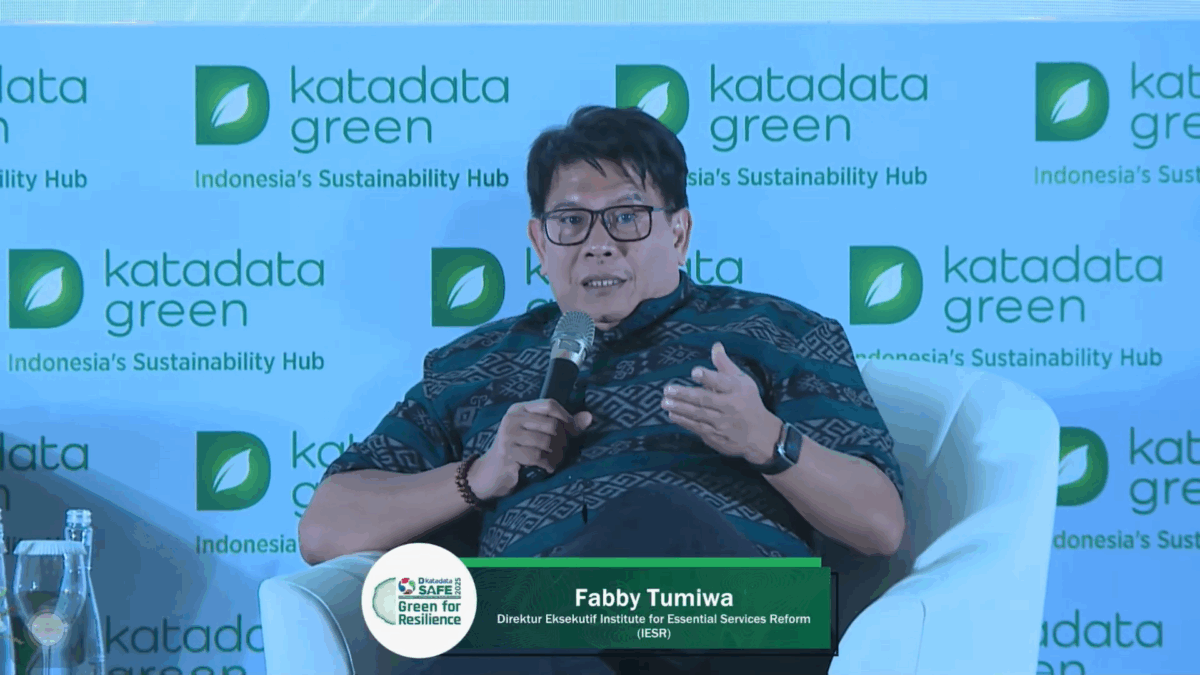Jakarta, September 10, 2025 – “Energy transition is not a simple process that can happen overnight. It covers a broad spectrum and involves many aspects, ranging from politics, economics, technology, to the interests of various sectors. In Indonesia, steps towards energy transition are already visible, although its implementation still faces major challenges,” said Chief Executive Officer (CEO) Fabby Tumiwa at the SAFE 2025 Data Talk event held on Wednesday (10/9).
Fabby mentioned that several signs of progress have been seen. For example, the political will of stakeholders to switch to renewable energy is clear. The government has also included energy transition in various planning documents, such as the national development plan and PLN’s electricity plan. However, these plans still require real implementation so that they do not remain on paper.
However, as we move towards energy transition, Fabby mentioned, Indonesia is also one of the world’s largest coal exporters. Coal contributes significantly to state revenue, taxes, and employment. Therefore, ending dependence on coal is not only a matter of energy, but also a matter of economics and social issues.
“Indonesia’s coal export market is also under threat because the main destination countries have increased their use of renewable energy. This means that sooner or later, demand for coal will decline, both domestically and abroad,” said Fabby.
By comparison, Indonesia, as a developing country, still has a low per capita energy consumption compared to other countries. As people’s incomes increase, energy needs also continue to rise. For example, a child who used to live with his parents and now works and lives independently can now afford to buy two or three air conditioners for his home. If millions of individuals experience this increase in purchasing power, the demand for electricity will skyrocket.
Reflecting on these conditions and the fact that the construction of new fossil fuel power plants has begun to be restricted, Fabby said that renewable energy could be the main solution. The development of renewable energy infrastructure not only meets electricity needs but also drives economic growth through investment.
“Given that renewable energy is highly dependent on technology, the key to energy transition lies in Indonesia’s ability to master and produce technology. There are three important aspects that need to be developed. First, research and patents for new technologies that are mastered by the nation itself. Second, the manufacturing industry for renewable energy technology, such as the production of solar panels or batteries domestically. Third, jobs from the technology production chain, so that the energy transition also brings economic and social benefits,” said Fabby.
Fabby emphasized that if Indonesia only exports raw materials such as silica sand without processing them into solar cells, the added value will be lost. Conversely, if the technology is mastered, Indonesia can become a producer and even an exporter of clean energy technology, as China and India have already done.

